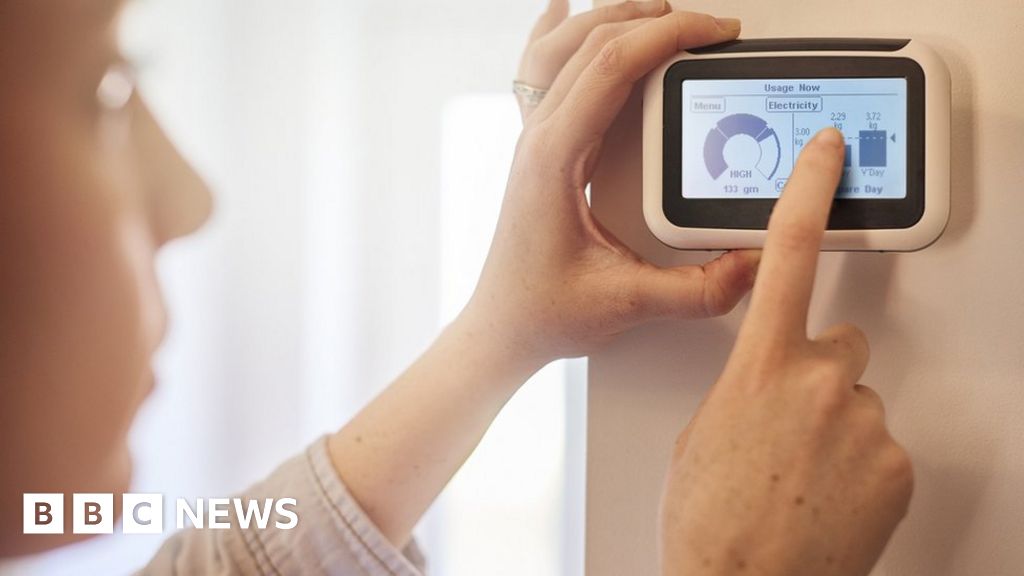The figure was £900m less than a year earlier, but was the fourth highest total for November since monthly records began in 1993.
Spending rose as benefit payments to some households offset the end of support for energy bills.
Spending rose as benefit payments to some households offset the end of support for energy bills.
Borrowing for the financial year to date has now reached £116.4bn, which is £24.4bn more than over the same period last year.
The ONS said: “Payments relating to the energy price schemes that began in October 2022 have now stopped. However, these reductions in spending were offset by other inflation-related costs, such as increased benefit payments.”
Paul Johnson of the Institute for Fiscal Studies told the BBC’s Today programme that borrowing so far this year was not as high as had been predicted in March, because tax revenues were “coming in pretty well”.
This is partly due to the fact that income tax thresholds have been frozen by the government, so recent wage rises have led to more people moving into higher tax bands – a concept know as fiscal drag.
Mr Johnson added that the “expectation at least is that borrowing will fall reasonably rapidly over the next few years few years”.
Spending rose as benefit payments to some households offset the end of support for energy bills.
The figure was £900m less than a year earlier, but was the fourth highest total for November since monthly records began in 1993.
Borrowing for the financial year to date has now reached £116.4bn, which is £24.4bn more than over the same period last year.
Spending rose as benefit payments to some households offset the end of support for energy bills.
Spending rose as benefit payments to some households offset the end of support for energy bills.
Borrowing for the financial year to date has now reached £116.4bn, which is £24.4bn more than over the same period last year.
The ONS said: “Payments relating to the energy price schemes that began in October 2022 have now stopped. However, these reductions in spending were offset by other inflation-related costs, such as increased benefit payments.”
Paul Johnson of the Institute for Fiscal Studies told the BBC’s Today programme that borrowing so far this year was not as high as had been predicted in March, because tax revenues were “coming in pretty well”.
This is partly due to the fact that income tax thresholds have been frozen by the government, so recent wage rises have led to more people moving into higher tax bands – a concept know as fiscal drag.
Mr Johnson added that the “expectation at least is that borrowing will fall reasonably rapidly over the next few years few years”.
#Government #borrowing #higher #expected #November
Note:- (Not all news on the site expresses the point of view of the site, but we transmit this news automatically and translate it through programmatic technology on the site and not from a human editor. The content is auto-generated from a syndicated feed.))



